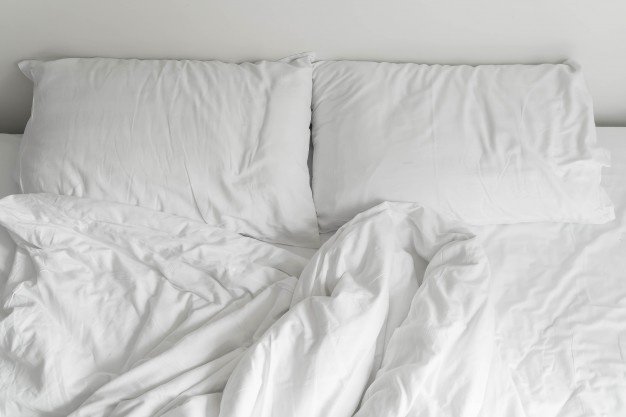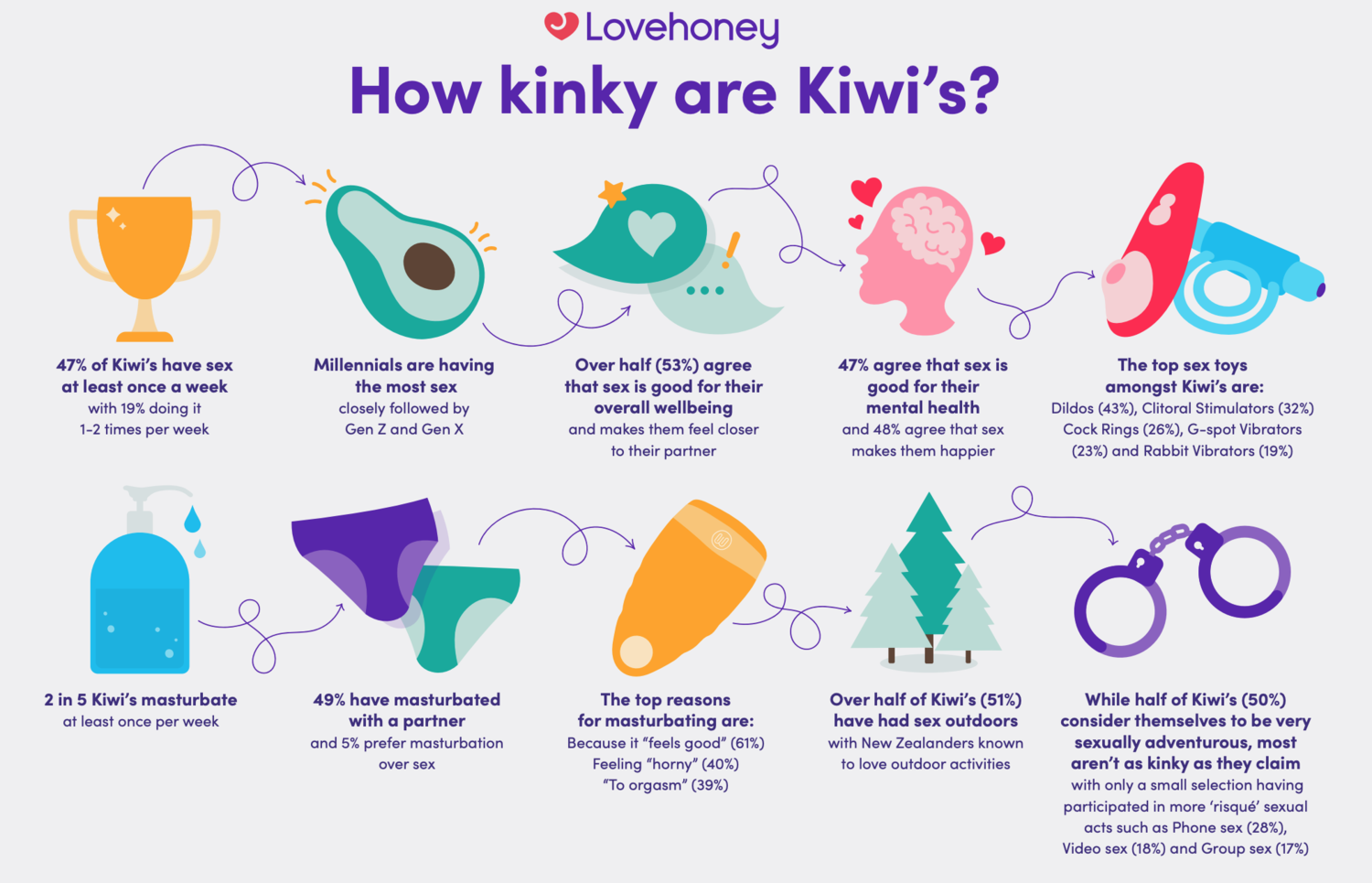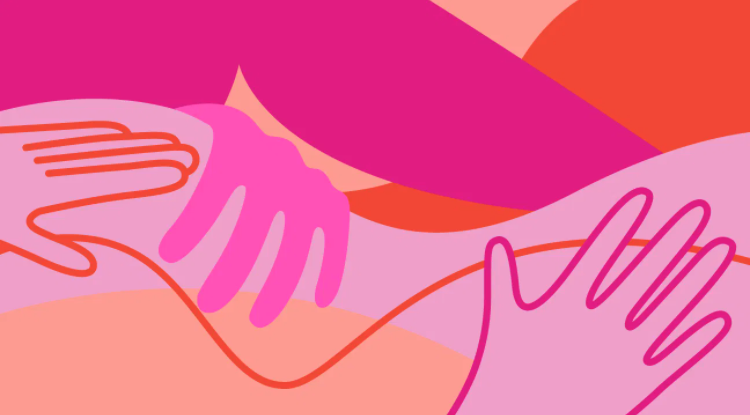
New study shows direct link between sleep and mental health
According to a new UK-based study published in the journal PLOS Medicine, those with poor sleeping habits are often those struggling from mental health issues, known or unknown.
The study is the biggest of its kind, and was based on data from 89,205 participants in the United Kingdom who wore accelerometers on their wrists that tracked body movement 24 hours a day for a week.
“The relationship between sleep and mental health is bidirectional,” Michael Wainberg, PhD, the study’s lead author and a researcher at the Krembil Centre for Neuroinformatics, told PLOS Medicine.
“Poor sleep contributes to poor mental health and poor mental health contributes to poor sleep. Sleep pattern differences were a feature of all mental illnesses we studied, regardless of diagnosis,” he said.
Study researchers said up to 80 percent of people with mental health conditions can have sleep problems.
“We know that sleep disturbances cause a great burden to society, including an economic one,” Dr. Michael Mak, a CAMH sleep disorder specialist, told PLOS Medicine. “And we know that treatments that improve sleep quality, whether it is therapy or some types of medication, can improve mental health outcomes.”
In this study 10 interpretable sleep measures—bedtime, wake-up time, sleep duration, wake after sleep onset, sleep efficiency, number of awakenings, duration of longest sleep bout, number of naps, and variability in bedtime and sleep duration—were derived from 7-day accelerometry recordings across participants (aged 43 to 79, 56% female, 97% self-reported white) taken between 2013 and 2015.
These measures were examined for association with lifetime inpatient diagnoses of major depressive disorder, anxiety disorders, bipolar disorder/mania, and schizophrenia spectrum disorders from any time before the date of accelerometry, as well as polygenic risk scores for major depression, bipolar disorder, and schizophrenia
What do thesethese findings mean?
- Sleep pattern differences are the norm among patients with lifetime psychiatric illness.
- Accelerometry provides a scalable way to objectively measure such differences in psychiatric research and practice.
- Limitations include the use of accelerometer-based sleep measurement and the time lag between psychiatric diagnoses and accelerometry.
Related Posts
Toys, Kinks, Health & Wellness: New study shows Kiwis are clued up and turned on
Kiwis are showing their skills when it comes to Sexual Wellness
Libra encourages liberation from period stigma
Libra tackles period stigma in latest advertisement
Smile Makers Unveils “Vibes of the Week” Collection
Smile Makers, a global leader in femtech sexual wellness, has presented its latest innovation—the “Vibes of the Week” Collection.
Nak-Ed’s escort diaries: Abby
A day in the life of an working girl
First Time? Here are the things you need to know about losing your virginity
Here, Healthline gives Nak-Ed its tips to come prepared for your first time
Sutra Review: A classy way to have your first sex-orcism
The mini-Sutra packs a big punch
Toys, Kinks, Health & Wellness: New study shows Kiwis are clued up and turned on
Kiwis are showing their skills when it comes to Sexual Wellness
Libra encourages liberation from period stigma
Libra tackles period stigma in latest advertisement







